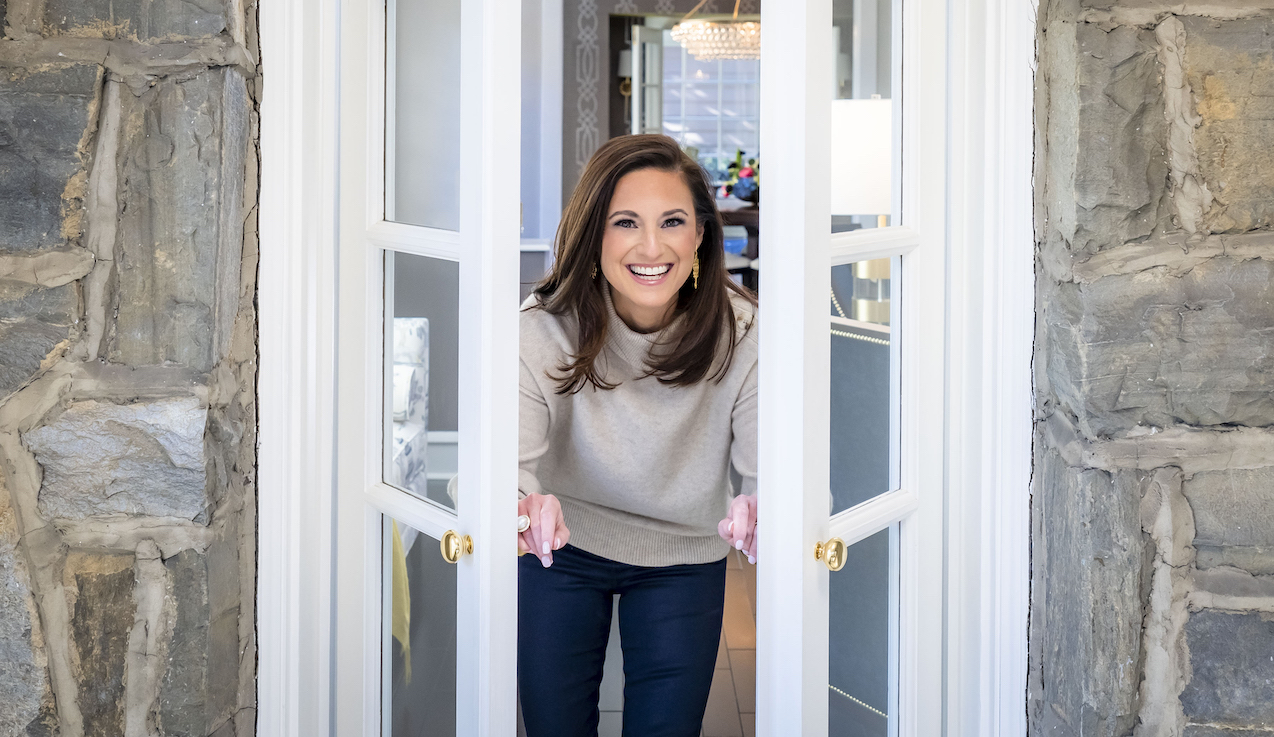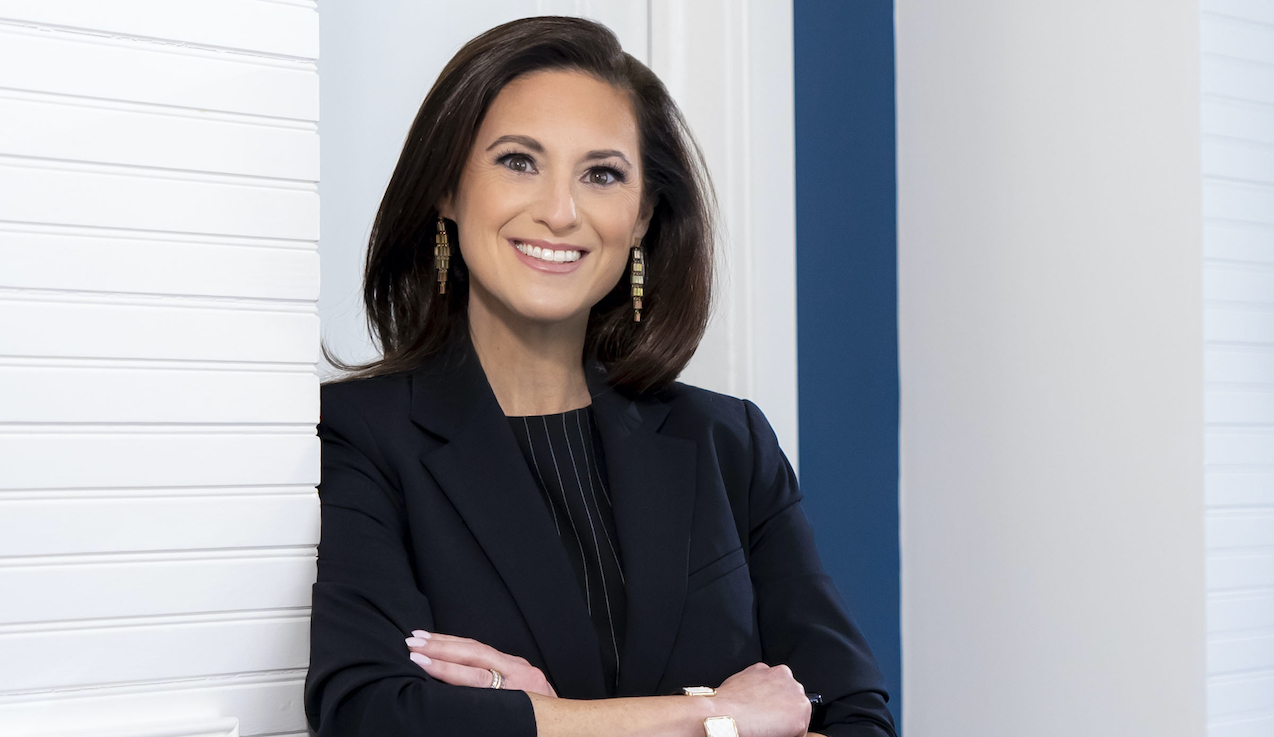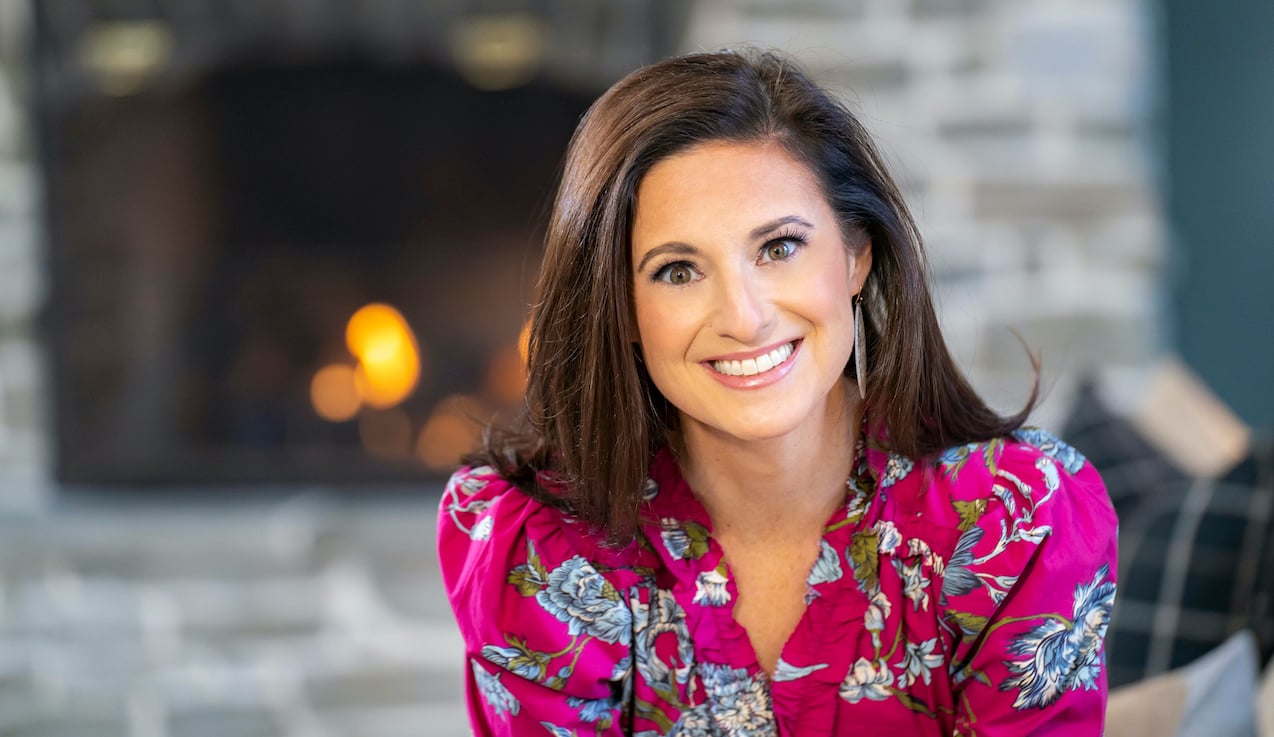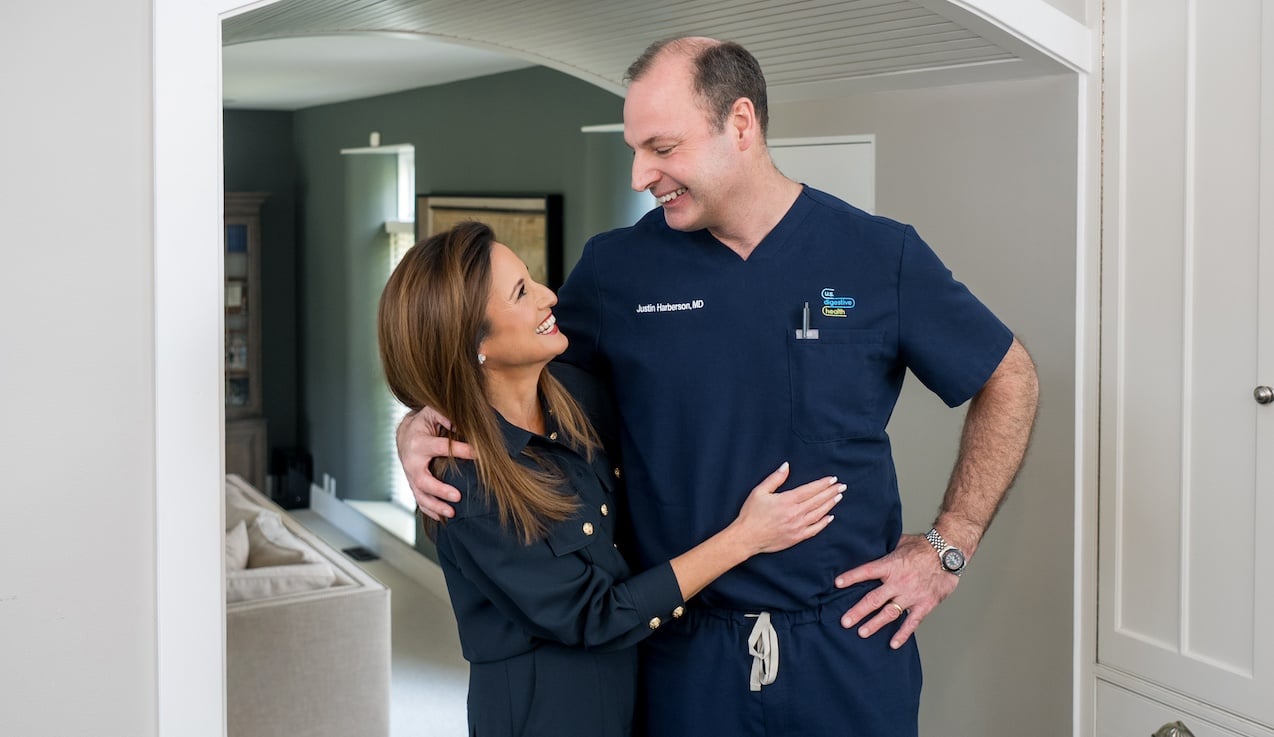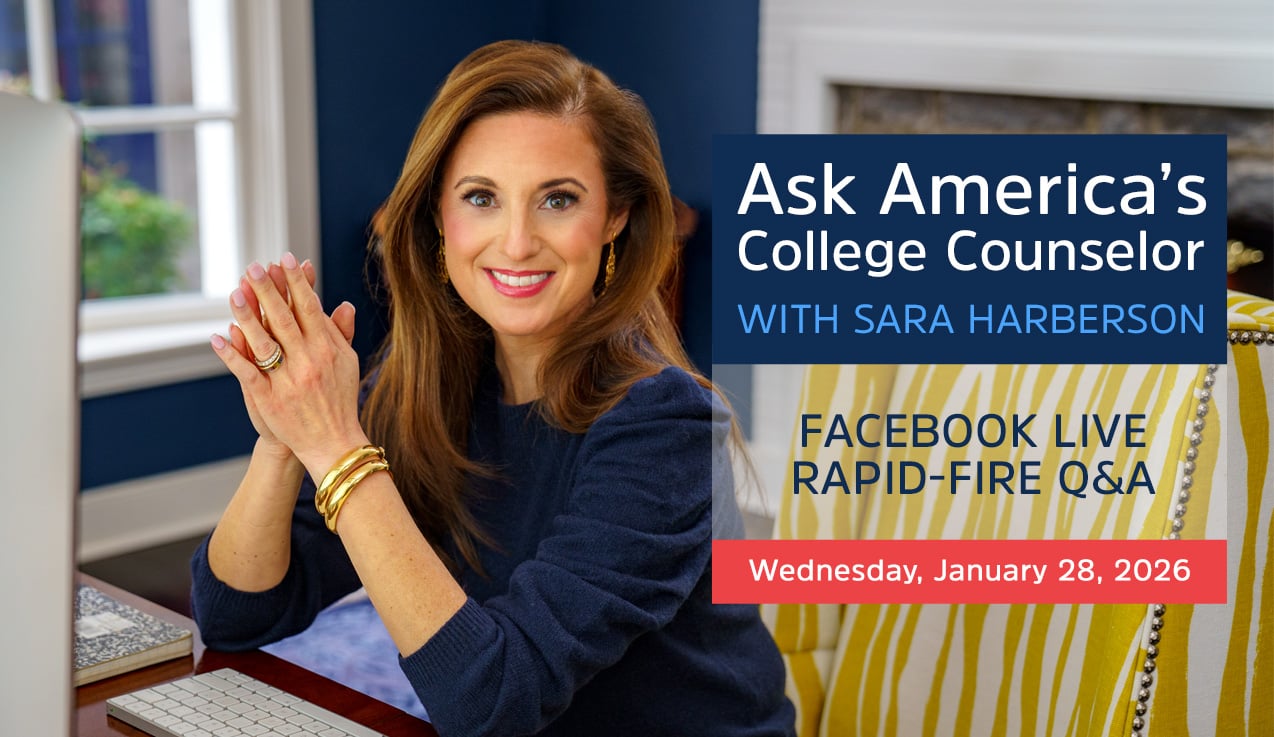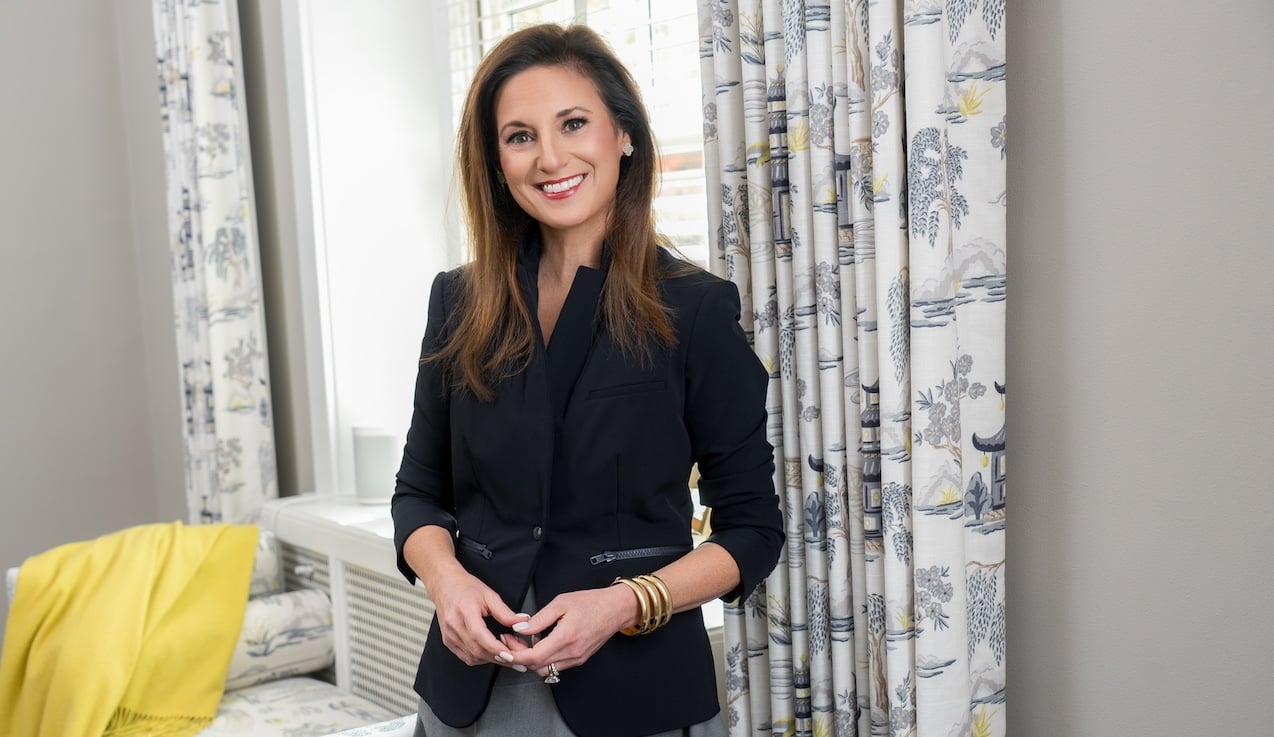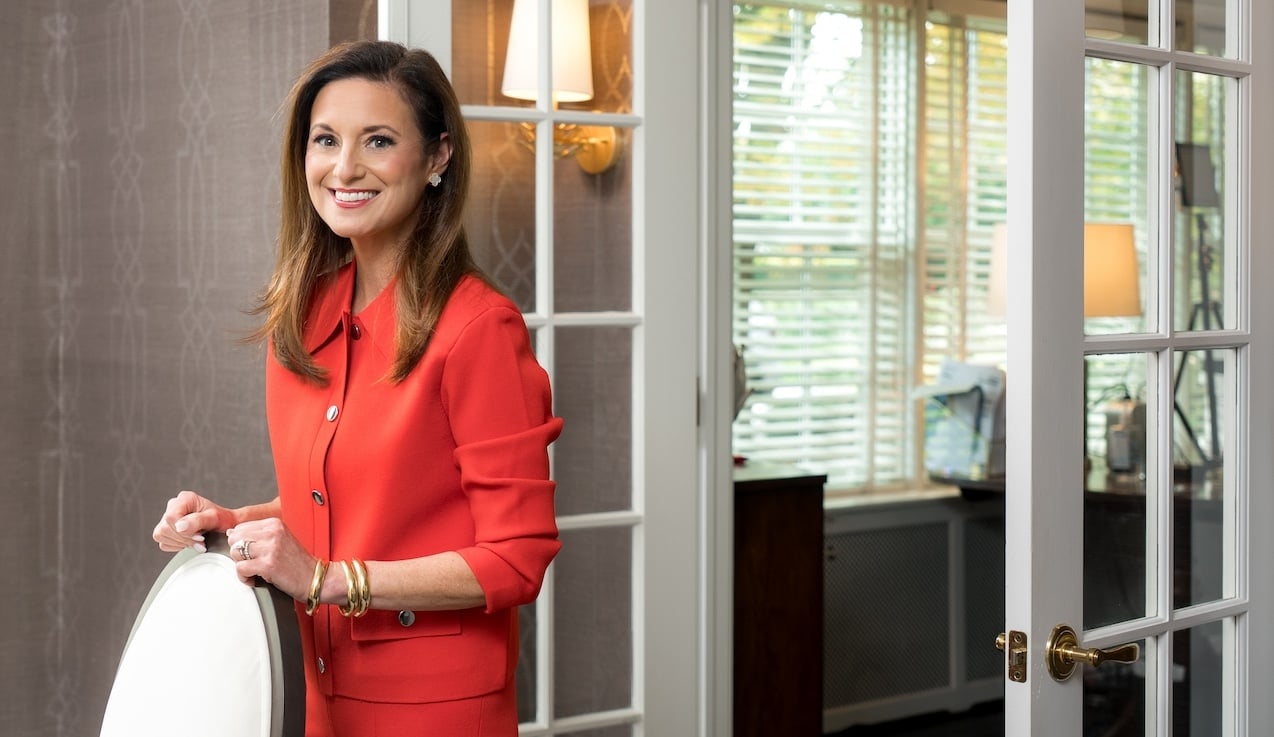One of my kids, who shall remain nameless, provided me with a holiday wish list this year with clickable links that took me straight to the exact gift they wanted. At first, I was taken aback by it. It was quite an ambitious list! And the clickable links felt a bit forward, like I needed to get each gift on the list.
As I went through everything one-by-one, I started to realize that this is the modern-day holiday gift list of the next generation who is clear and intentional about what they want. In the end, I realized how helpful it was for me to know what to buy.
I didn't ask for anything for the holidays. I don't need anything personally, but I do want things to change in the college admissions process. So here is my holiday wish list and clickable links to prove why we need things to move forward into the modern-day world:
1. Colleges with applicant pools that are tens of thousands of applications deep should stop sending countless pieces of mail, emails, and fee waivers encouraging more students to apply.
This drives up application totals, making it harder to get admitted, and resulting in single-digit acceptance rates in some cases.
2. Colleges need to be thoughtful when deferring or waitlisting students. If a student doesn't have a chance to be admitted, a deferral or a waitlist decision can string them along for months and give them false hope.
Last year Harvard deferred 80% of its Restrictive Early Action pool. I would love to hear how many of those students actually got admitted in Regular Decision when Harvard's overall acceptance rate was 3.4%. Williams College acknowledged this year that only about 20 to 30 students get admitted in the Regular Decision round after being deferred. And last year, Tulane University placed 12,813 students on its waitlist only to admit none of them.
3. Eliminate racial, ethnic, religious, and disability discrimination from the admissions process.
I cannot believe it's going to be 2022 in a matter of days and so many students are still afraid to be open about their backgrounds or learning disabilities for fear that it will be held against them. I observed discriminatory actions and behaviors almost every single day of my career when I worked on the college side of the admissions process.
4. Students should put a limit on the number of applications they submit and stick to it.
The amount of work needed to do an application well is underestimated, and it puts a heavy strain on the student's emotional well-being. Applying to colleges also costs a lot of money. And when a student applies to more than 15 colleges, it only serves the colleges' soaring applicant pools.
READ MY LA TIMES OP-ED: Another record year for college applications? Please, no
5. Women in the workforce, specifically in higher education where they outnumber men, need to get paid what they deserve.
I remember being a young admissions officer and even a dean of admissions, knowing that I wasn't getting paid as much as my male counterparts were. The Chronicle of Higher Education released a list of the highest paid administrators at public universities in the country recently. Out of 205 leaders, only 12 of them were women.
READ MORE: Changing College Admissions One Word at a Time
My child's holiday gift list was 20 items long. My list is only five. However, I could go on and on when it comes to things that need to change. For now, I will stop and not get too ahead of myself. New Year's is just around the corner. It is my hope that the next generation continues to be bold and intentional, ensuring that the college admissions world continues to adapt and become a model of equity for other industries to follow.


